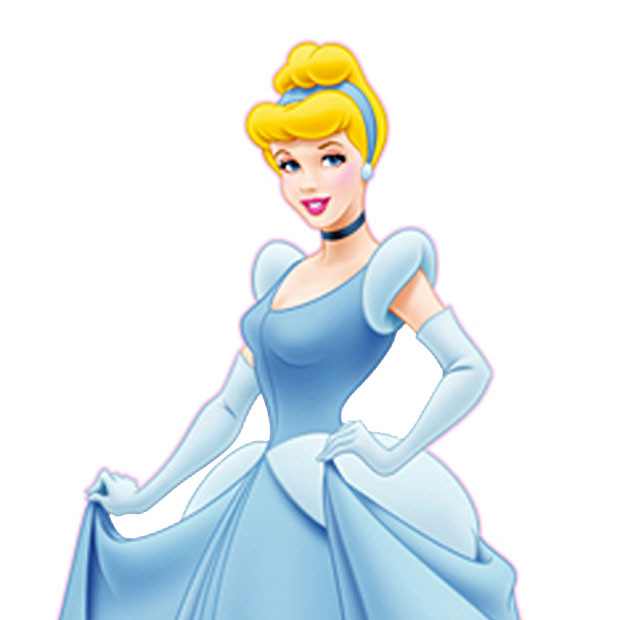These are my thoughts on
Dante's Inferno...
Dante and Virgil:
I wonder if this forest is a metaphor for some kind of depression that Dante was facing while he was writing? I also like that this story is being written from Dante's perspective. The reader can very easily put himself in Dante's shoes. It will almost feel as if Virgil is guiding us on our own personal journey through Hell.
The Gate of Hell and Charon:
Dante is certainly critical of those that are indecisive. Those angels and humans that did not choose good or evil seem to have gotten a pretty rough punishment. It almost seems like Dante is saying that is is preferable to evil over neutral. These people are envious of every other fate that they could have gotten. That is pretty strong.
Limbo:
I had never caught the reference to Christ before. The one marked with a sign of victory that came and saved some prominent biblical figures from the torture of limbo. It definitely seems like it would be horrible luck to not have ever even had the chance to be baptized, and so be saved through Christ.
Poets and Philosophers, Heroes and Heroines:
I like that Dante pays his respects to all of the great literary and philosophical masters that came before him. Even if he doesn't allow them into Heaven, he shows them a great deal of respect by naming them and keeping them out of Hell in its true sense.
Paolo and Francesca:
Dante keeps referring to love as the reason for these sinners torment in Hell. However, I think that it would more appropriately be called lust. Love is good. Therefore, love must have been perverted in some way for it to have damned them. Their love was for each other, and not for God. That is the problem.
Cerberus and Plutus:
I really like that you see all of the things that influenced Dante while he was writing this. I have already seen some references to Greek mythology, but I really noticed the extent of them when I read about Cerberus. I wonder if Dante will continue to use aspects of Greek mythology in his description of Hell?
Fortune and Phlegyas:
All of Dante's descriptions of Hell are even more disturbing and haunting when one considers the idea of eternity. The true torture in all of these punishments is knowing that there is absolutely no escape from it. I can't imagine the hopelessness of an
eternal punishment.
The Fallen Angels:
I think it is very telling that Virgil has to continually tell Dante to hold out hope. Even for one who isn't damned like Dante, Hell steals a person's hope. Also, I just realized that Dante is not being guided by one of the Christian saints. He's being lead by a pagan historian.This seems a little weird to me.
The Furies and the Heretics:
It is really interesting to me that even the Fallen Angels and the Furies who guard the city of Dis have no real authority there. Even in their own capitol city in the depths of Hell, they still are at the mercy of God and his servants. This is a great way of showing how control is an illusion, because no matter what, God is in control.
The Minotaur and the Centaurs:
Dante continues to intertwine the ancient Greek myths with his vision of Hell. It is interesting that some of these mythical creatures, like the Minotaur or the Centaurs, are not being punished. Instead, they are dishing out or enforcing the punishments.
The Harpies and Capaneus:
These violent sinners have their own place in Hell. There are special places for those who murdered other, and those who murdered themselves and those who murdered the people of God. The way Dante has them arranged, it seems like he might think that suicide is worse than murder. But maybe I am reading it wrong?
The Old Man of Crete and Geryon:
I'm sure that Dante's readers would understand all of the references that he is making. I, on the other hand, would not have recognized that his description of the old man of Crete was a reference to Daniel's dream in the Bible.
Descending on Geryon's Back:
Dante referenced Phaethon and Icarus, and I recognize these two characters from some of my previous reading. Understanding all of these references certainly adds to the depth of the storytelling.
Jason and the Demons:
The notes talk about Dante placing one of his contemporaries in this circle of Hell. I wonder how that man responded when he saw that Dante had put him Hell. Covered in excrement no less! I wonder if this is a playful joke among friends? Or if it is more malicious?
Caiaphas:
It is an interesting symbol that Caiaphas, the high priest that convinced the Pharisees to execute Jesus, would be crucified. Though, he is not crucified on a cross. Instead, he is on the ground. Also, there is no hope for him ever being free of the stakes that hold him down. Unlike Jesus, whose time on the cross was only temporary.
Ulysses and Diomede:
Every time Dante asks Virgil a question, or he begs to ask those being tormented a question, Virgil encourages him. I wonder why that is? Maybe, if Dante learns what is was that damned these people, then he will be able to show others how to avoid their fate?
The Giants:
Dante's description of Nimrod is really interesting. Nimrod was the one who built the Tower of Babel, and in doing so, he caused God to make many different languages. Thus, I find it really fitting that Nimrod is completely incapable of communicating with anyone, because he understands no languages.
Ugolino:
Some of the the people that Dante meets in Hell are still pridefully opposed to God, and bitter in their punishment. Others, like Count Ugolino, seem desperate for pity of any kind. They are completely broken, and have no hope for themselves.
Satan:
Dante's description of Satan is truly horrifying. He went from being one of God's favorites, to being the most evil thing in all of creation. Also, I think it is interesting to note that Dante's journey through Hell began on Good Friday, and that it ends of Easter.

